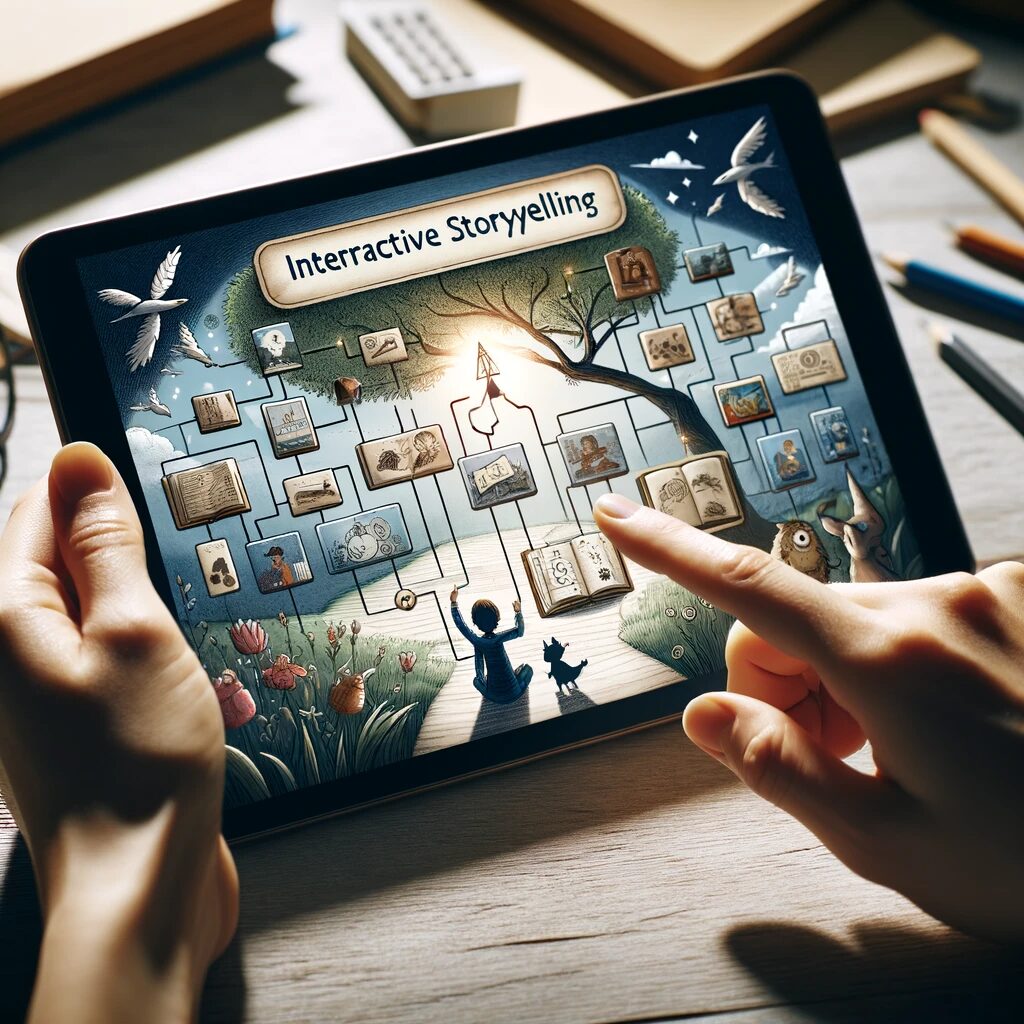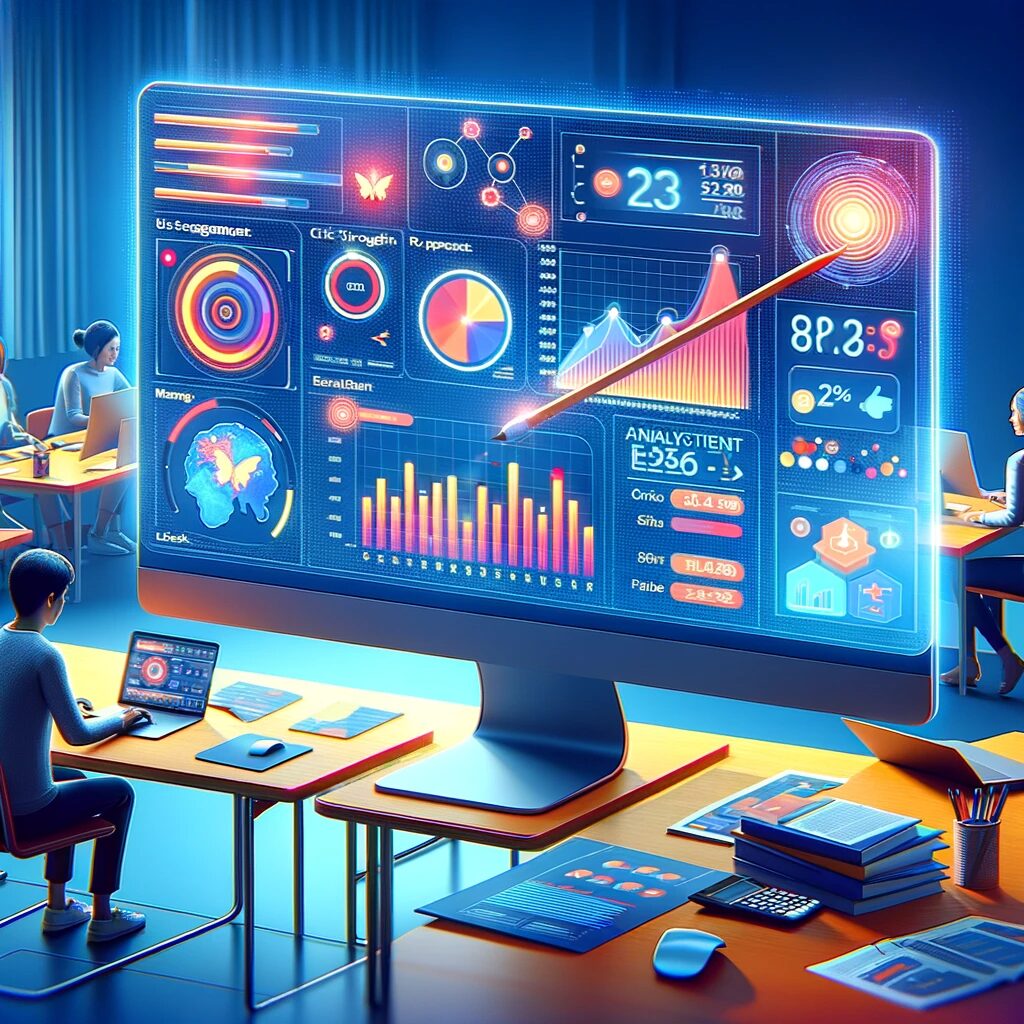
The Importance of Interactive Content
Interactive content has revolutionized educational websites, turning passive learning into an engaging, dynamic experience. This article explores the importance of interactive elements and how they can be effectively integrated into educational websites to enhance learning and user engagement.

Engaging the Digital Generation
Catering to Digital Natives: Understanding the expectations of modern learners.
Enhancing Engagement: How interactive elements can keep users interested and involved.

Types of Interactive Content for Education
Quizzes and Assessments
Self-Assessment Tools: Allowing students to test their knowledge.
Feedback Mechanisms: Providing immediate feedback to enhance learning.
Interactive Videos and Animations
Educational Videos: Using interactive elements within videos to increase engagement.
Animations: Simplifying complex concepts through animated explanations.

Gamification in Learning
Game-Based Learning
Educational Games: Incorporating games that align with learning objectives.
Reward Systems: Using points, badges, and leaderboards to motivate students.
Interactive Storytelling
Narrative Techniques: Engaging students through storytelling in educational content.
Branching Scenarios: Allowing students to explore different outcomes based on their choices.

Integration with Learning Management Systems (LMS)
Seamless Integration
LMS Compatibility: Ensuring interactive content works seamlessly with existing LMS platforms.
Tracking Progress: Using LMS to track student progress and engagement.

User Experience and Accessibility
Designing for All Users
User-Friendly Design: Ensuring interactive content is easy to navigate and use.
Accessibility Standards: Making content accessible to all students, including those with disabilities.

Analytics and Improvement
Tracking Engagement
Analyzing User Data: Understanding how students interact with content.
Continuous Improvement: Using analytics to refine and enhance interactive element

Conclusion
Interactive content is a powerful tool for educational websites, offering an engaging and effective way to deliver educational material. By leveraging various types of interactive content, educational websites can cater to the needs of digital learners, making learning more enjoyable and impactful. The key is to continuously evolve and adapt to the changing digital landscape, ensuring that content remains relevant, accessible, and engaging.

Share this article
Interested in learning more ?


